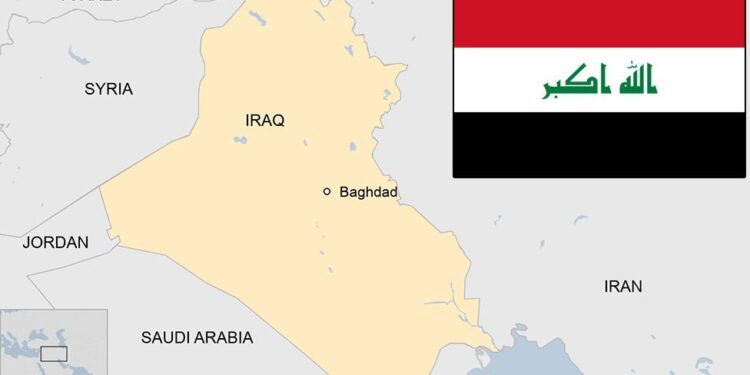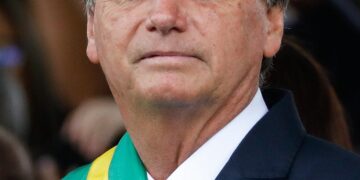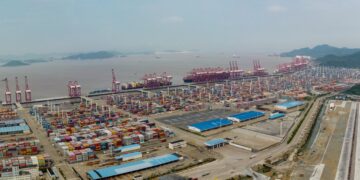Iraq Commits $40 Million to Support Reconstruction in Lebanon and Gaza at Arab League Summit
At the recent Arab League summit, Iraq made a notable pledge of $40 million dedicated to rebuilding efforts in Lebanon and Gaza. This financial aid comes at a critical time as both regions continue to face severe humanitarian crises intensified by ongoing conflicts and economic instability. Iraq’s contribution underscores a collective regional resolve among Arab nations to assist neighbors grappling with devastation, aiming to restore essential infrastructure, healthcare systems, and social services.
Lebanon is currently enduring one of its worst economic collapses in decades, while Gaza remains heavily damaged due to recurrent hostilities. Iraq’s funding is intended not only for immediate relief but also for sustainable development projects that will help stabilize these communities over the long term.
Allocation of Funds: Targeted Areas for Reconstruction
The Iraqi government has outlined specific sectors where this investment will be channeled:
- Rebuilding Infrastructure: Roads, bridges, water supply networks
- Healthcare Enhancement: Hospitals renovation and medical equipment provision
- Educational Development: Schools reconstruction and learning resources
- Adequate Housing Solutions: Construction of affordable homes for displaced families
- Job Creation Programs: Initiatives aimed at reducing unemployment through vocational training and small business support
| Sectors | $ Allocation (Millions) |
|---|---|
| Infrastructure Projects | $15M |
| Healthcare Services Upgrade | $10M |
| Education System Revitalization | $8M |
| Adequate Housing Development | $5M |
| Sustainable Employment Initiatives | $2M |
How Iraq’s Financial Support Influences Regional Stability and Humanitarian Relief Efforts
Iraq’s $40 million commitment carries significant implications beyond immediate reconstruction—it signals an active role in shaping Middle Eastern geopolitics amid persistent tensions. By investing in Lebanon’s recovery and Gaza’s rehabilitation, Iraq strengthens diplomatic ties with these nations while positioning itself as a key contributor toward peace-building initiatives.
This financial backing addresses urgent needs such as shelter restoration, healthcare access expansion, and infrastructure repair—critical components that foster community resilience after prolonged conflict. The pledge also encourages other Arab states to follow suit by demonstrating solidarity through tangible assistance.
- < strong >Diplomatic Strengthening: < / strong > Enhanced bilateral relations between Iraq , Lebanon , Gaza , promoting regional unity .< / li >
- < strong >Boosted Humanitarian Cooperation: < / strong > Sets an example encouraging wider participation from international donors .< / li >
- < strong >Improved Security Prospects: < / strong > Alleviating humanitarian distress can reduce social unrest contributing positively toward stability .< / li >
Maximizing Aid Impact Through Global Partnerships: Expert Recommendations
The pledged funds from Iraq are vital but experts stress that their full potential depends on coordinated efforts involving multiple stakeholders—including governments, NGOs, local authorities—and transparent management practices.
Tactics for Efficient Use of Resources Include:
- < strong >Cross-National Collaboration :< / strong > Facilitating exchange of expertise between donor countries & affected regions ensures better resource allocation .< / li >
- < strong >Accountability Mechanisms :< / strong > Establishing rigorous monitoring frameworks guarantees funds reach intended beneficiaries without diversion or delay .< / li >
- < strong >Sustained Engagement :< / strong > Moving beyond one-time donations towards continuous support enables comprehensive rebuilding strategies rather than short-term fixes .< / li >
| Anticipated Advantages |
|---|














